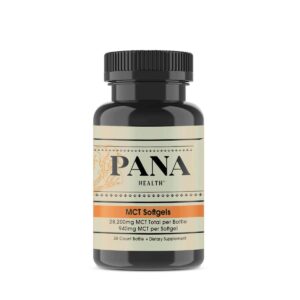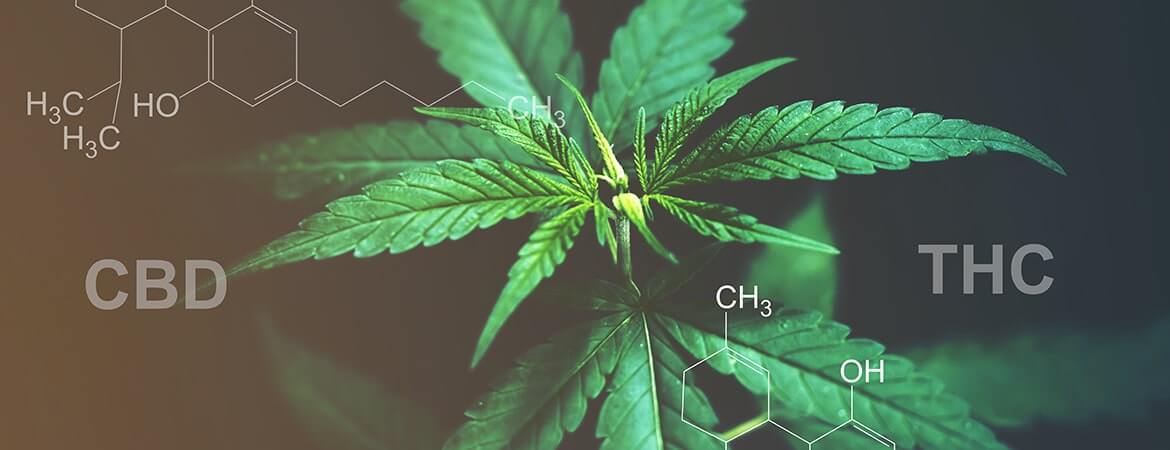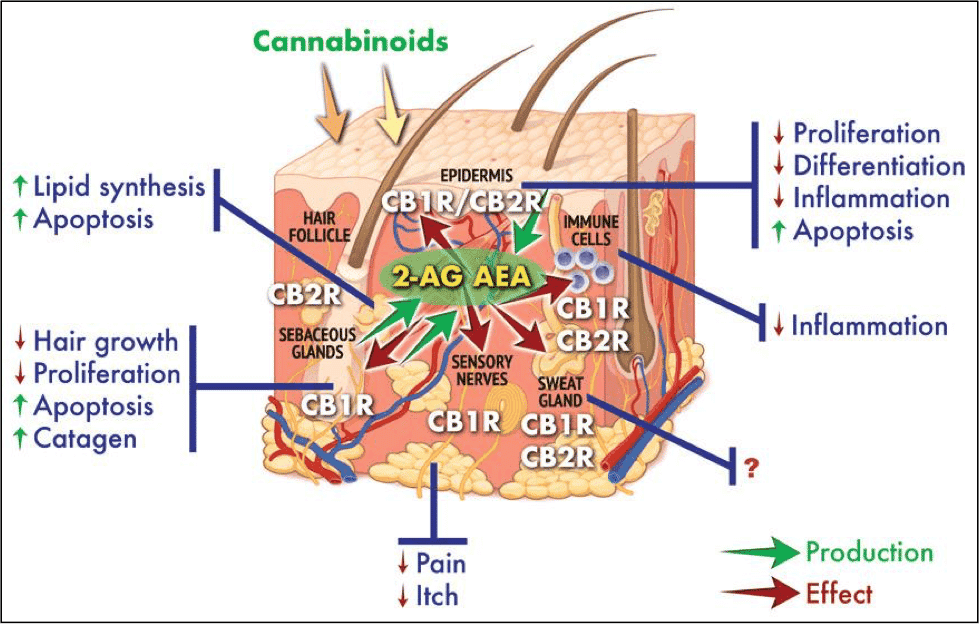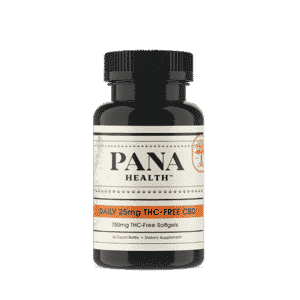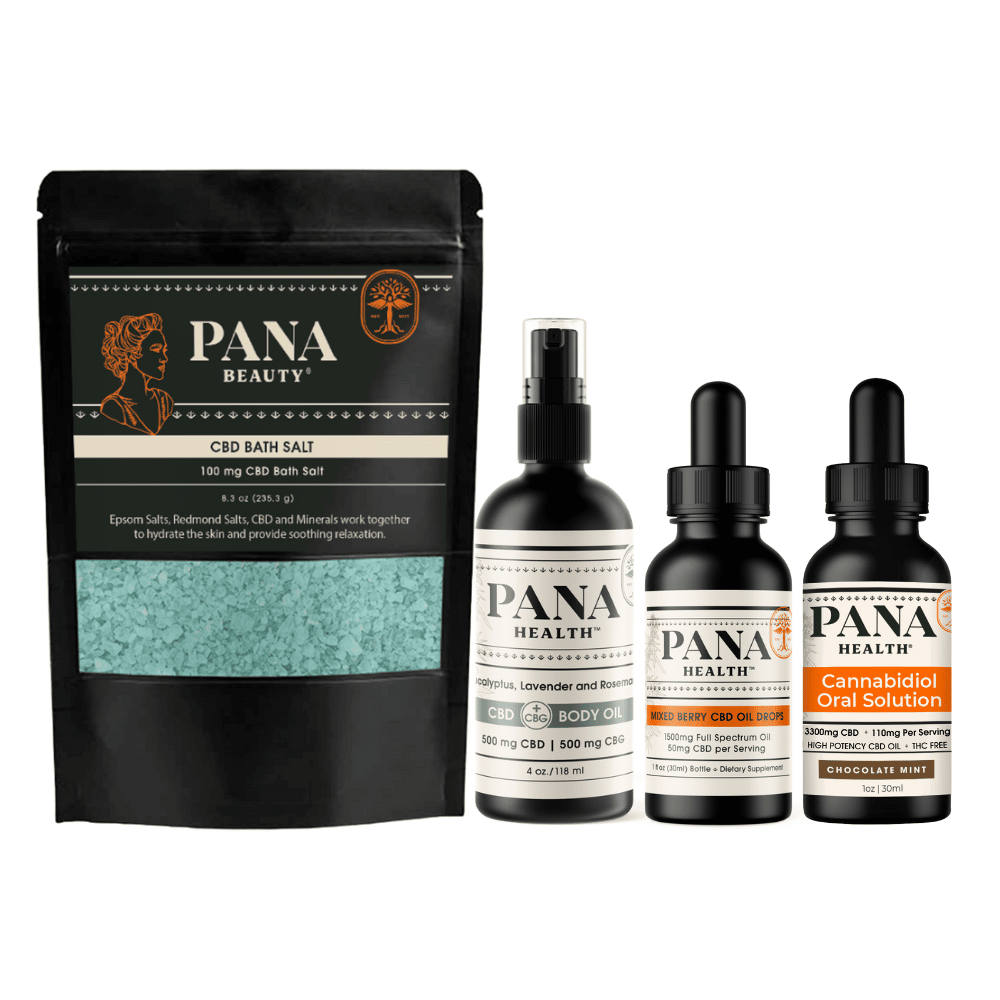Cannabidiol (CBD) is one of 113 naturally occurring cannabinoids found in the Cannabis sativa plant. Unlike tetrahydrocannabinol, typically referred to as THC, cannabidiol is not psychoactive, meaning it does not give you the effects or “high” associated with THC. This crucial distinction along with the passing of the 2018 Farm Bill essentially gave permission to farmers, manufacturers, researchers, and, as of late, mainstream culture to fully embrace CBD in all its boundless glory.
CBD Oil
CBD oil is just one of many forms of cannabidiol, but it is a stellar option that comes with unique perks and a certain amount of space for creativity when it comes to usage. Whether it be directly ingesting orally, applying topically, elevating your morning coffee…the possibilities stretch as far and wide as the fields on which this little miracle compound grows.
Effects
As the public sphere and the scientific world continue to ponder the possible uses of CBD, an increasingly significant number of sources are suggesting CBD oil can be used to alleviate a plethora of ailments. A swift web search and one can find studies supporting claims of CBD oil’s many uses. It may be helpful to counteract or reduce symptoms associated with migraines, headaches, chronic pain, inflammation, seizures, chemotherapy related discomfort, and acne. These possible effects and their corresponding studies can be read about in length on our Cannabinoid Blog.
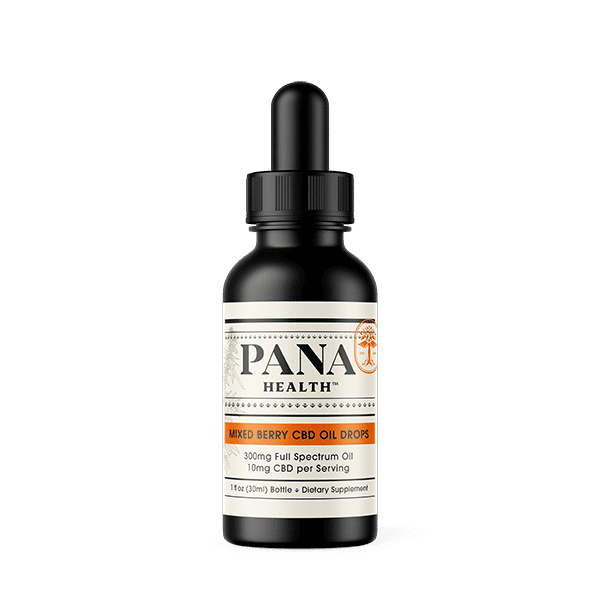
But what about the actual immediate effects of a CBD oil, outside the possible health benefits?
It is now commonplace to see CBD marketed as an alternative treatment or supplement for stress, anxiety, depression and insomnia. This particular usage makes sense when looking at the more immediate effects typically associated with CBD. Specifically, users most commonly report a relaxing, calming effect, as well as improved mood. Naturally, the effects depend on the type of CBD, amount you use, method of ingestion and other mitigating factors. These effects can be explained by the actual processes that take place upon ingesting cannabidiol.
Allow us to break it down:
While THC activates CB1 receptors, CBD inhibits activity. As well, CBD binds to over 70 other target sites throughout the body, thus activating multiple pathways at once, leading to a variety of therapeutic effects.
Is It Safe?
We’re so glad you asked! It is extremely important to note that, aside from Epidiolex and a few other FDA-approved products, CBD is not a medication. This means that the FDA has not approved CBD for the treatment, diagnosis, or prevention of disease other than epilepsy, nausea, and pain for MS patients experiencing muscle spasticity. The regulations on manufacturing CBD products as food or dietary supplements by the FDA have not be established, so consumers cannot be 100% certain whether they are getting exactly what is on the label or not. Furthermore, like anything you ingest or apply to your body, there is the slight risk of unwanted side effects. Among these are nausea, fatigue, irritability and the possibility of a blood-thinning effect or an unintentional rise in levels of other medications in the blood when taking high quantities of CBD.
As always, it is important to speak with a medical professional when considering introducing CBD into your routine in order assure that you’re proceeding in the safest and most effective manner possible.




